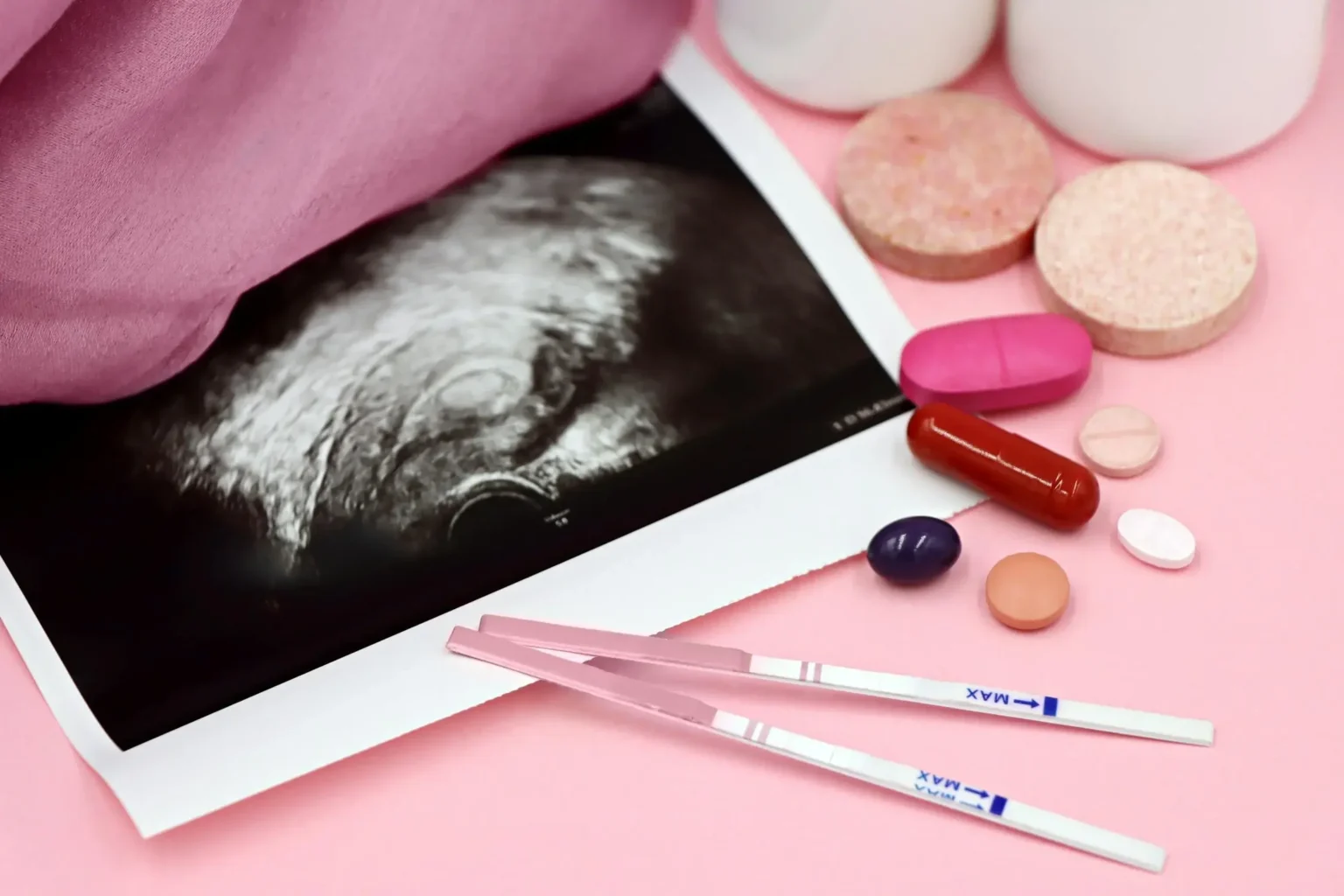Infertility is a complex issue that affects millions of people worldwide. According to the Centers for Disease Control and Prevention (CDC), about 10% of women in the United States aged 15-44 have difficulty getting pregnant or staying pregnant. While the condition can be emotionally challenging, understanding its causes is a beneficial step towards finding effective solutions. Consulting an infertility specialist can help individuals and couples pinpoint the underlying issues and explore treatment options.
Common Causes of Infertility in Women
Ovulation Disorders
A prevalent cause of infertility in women is ovulation disorders, which account for a significant portion of infertility cases. These disorders may be due to hormonal imbalances such as polycystic ovary syndrome (PCOS), hyperprolactinemia, or thyroid problems. An infertility specialist can run tests to determine if ovulation is occurring regularly. They may recommend appropriate treatments, such as medication to stimulate ovulation.
Fallopian Tube Damage or Blockage
The fallopian tubes play a key role in fertilization by allowing the sperm to meet the egg. Damage or blockage of these tubes can prevent this process from occurring. This condition may be caused by pelvic inflammatory disease (PID), previous surgeries, or infections. Seeking advice from an infertility specialist often helps diagnose the issue through imaging tests and suggests treatments like surgery or assisted reproductive technologies (ART).
Endometriosis
Endometriosis is a painful disorder where tissue similar to the lining of the uterus grows outside it. This condition can affect fertility by causing inflammation, scarring, and adhesions that hinder the movement of the egg and sperm. If you suspect you have endometriosis, consulting an infertility specialist is key for diagnosis and management, potentially involving medications or surgery.
Common Causes of Infertility in Men
Sperm Production Issues
Infertility in men may stem from problems with sperm production or quality. Conditions such as varicocele, swelling of the veins that drain the testicle, or genetic factors can affect sperm health. An infertility doctor will perform a semen analysis to evaluate sperm count, motility, and morphology, providing insights into potential treatments like lifestyle changes, medication, or surgery.
Hormonal Imbalances
Hormones play a necessary role in sperm production, and imbalances can lead to infertility. Factors such as hypogonadism, pituitary disorders, or even certain medications can disrupt hormone levels. Consulting with an infertility specialist can help identify hormonal issues and guide treatment, possibly involving hormone replacement therapy.
Lifestyle Factors
Certain lifestyle choices can negatively impact male fertility. Smoking, excessive alcohol consumption, drug use, obesity, and poor diet may all contribute to infertility. An infertility specialist can recommend lifestyle modifications that may improve fertility outcomes, such as adopting a healthier diet, exercising regularly, and reducing stress.
Unexplained Infertility
In some cases, despite thorough testing and evaluation, the cause of infertility remains unknown. This is referred to as unexplained infertility and can be difficult to understand for those affected. An infertility doctor may suggest treatments such as in vitro fertilization (IVF) or intrauterine insemination (IUI) in these scenarios, offering hope for individuals and couples trying to conceive.
Work With an Infertility Specialist
Infertility is a multifaceted issue that impacts both men and women. While the road to understanding and overcoming infertility may be challenging, working with an infertility specialist can provide valuable insights and tailored treatment options. If you or someone you know is experiencing infertility issues, seeking professional guidance is the best option.


